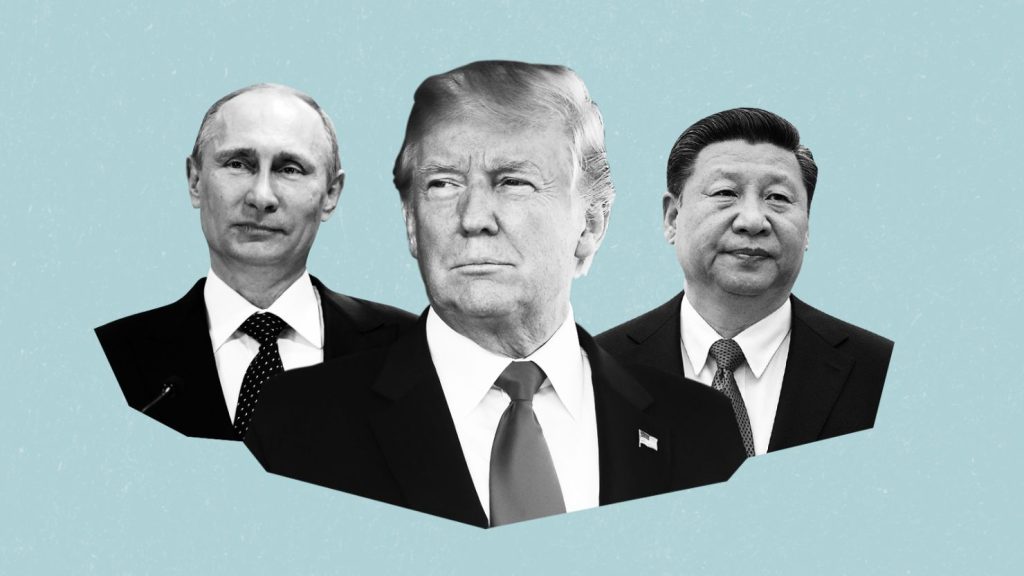In an extraordinary political comeback, Donald J. Trump has once again ascended to the presidency of the United States, marking a pivotal moment in American and global politics. Not since Grover Cleveland in 1897 has anyone managed to reclaim the White House, and the decisiveness of his victory, even at 78, makes his return all the more remarkable.
His victory has reignited debates, reshaped alliances, and raised questions about domestic and international policy direction. Here, we examine the key aspects of his return, the expectations for his administration, and the potential global impact of his leadership.
The Path to Trump’s Comeback
Trump’s re-election campaign capitalised on his signature rhetoric, appealing to his base with promises to “Make America Great Again” once more. Running on a platform emphasising economic revitalisation, strict immigration policies, and reasserting American dominance globally, Trump successfully navigated a divided political landscape. His message resonated with voters frustrated by economic uncertainty, cultural shifts, and concerns over perceived global disempowerment.
The campaign’s success was also fueled by Trump’s ability to leverage social media, bypass traditional media channels, and harness a resilient grassroots movement even after his initial departure from the White House. His unyielding approach to controversial issues galvanised support while intensifying polarisation within the electorate.
Domestic Expectations
Trump’s second presidency will likely focus on fulfilling his promises of economic growth, energy independence, and border security. Trump’s administration is expected to pursue tax cuts and deregulation to spur business growth and job creation. Infrastructure investment and a renewed emphasis on manufacturing are likely to feature prominently.

Building on his earlier policies, Trump has pledged stricter border controls and a crackdown on illegal immigration. Immediately after his inauguration on Monday, he declared a border emergency. He followed it with an executive order to revoke American citizenship by birth, although a flurry of lawsuits immediately challenged the latter.
With potential vacancies on the Supreme Court and lower federal courts, Trump’s presidency could further shape the judiciary’s ideological balance for decades.
The Global Stage: Key Challenges and Relationships
Trump’s return to the presidency is poised to have a profound impact on international relations, particularly in dealing with China, North Korea, and the ongoing Russia-Ukraine war.
Under Trump, the US-China relationship is expected to face renewed tensions. His administration’s prior trade wars and efforts to decouple critical supply chains will likely continue, emphasising protecting American technology and intellectual property. Sanctions, tariffs, and strategic alliances in the Indo-Pacific region are anticipated as tools to counter China’s rising influence.

His earlier presidency saw historic yet inconclusive meetings with North Korean leader Kim Jong-un. His return could revive attempts at direct diplomacy, albeit with heightened scepticism from allies. While Trump may push for denuclearisation agreements, the lack of concrete results from prior negotiations may limit progress.
His approach to the Russia-Ukraine conflict is expected to differ sharply from that of his predecessor. While critics fear a softer stance on Russia, Trump’s statements suggest a focus on brokering a resolution, potentially stressing realpolitik over ideological alignments. This shift could lead to friction with NATO allies but may also open pathways to de-escalation.
America’s Role in a Multipolar World
Trump’s presidency coincides with a rapidly changing global order, characterised by multipolarity and shifting alliances. His “America First” philosophy will likely prioritise bilateral agreements over multilateral frameworks, challenging institutions such as the United Nations, the World Trade Organisation, and NATO. His immediate withdrawal of the US from the World Health Organisation shows the path he intends to take.

His stance on climate change—notably his scepticism of international agreements has been well documented, and it was not surprising that he took America out of the Paris Accord hours after re-entering the White House. This decision and potential ones to follow will certainly influence global environmental policy and exacerbate tensions with Europe and other climate-conscious regions.
Uncharted Waters
Trump’s return to power signals a period of significant domestic and international change. His leadership style—marked by bold declarations, unconventional methods, and a polarising presence—will undoubtedly shape the course of his administration.
For America, the next four years promise economic shifts, cultural debates, and political realignments. On the global stage, Trump’s presidency could redefine alliances, challenge adversaries, and recalibrate the US’s role in an uncertain world.
One thing is clear: America and the world are bracing for an era of disruption, opportunities, and unprecedented geo-political realignments.


